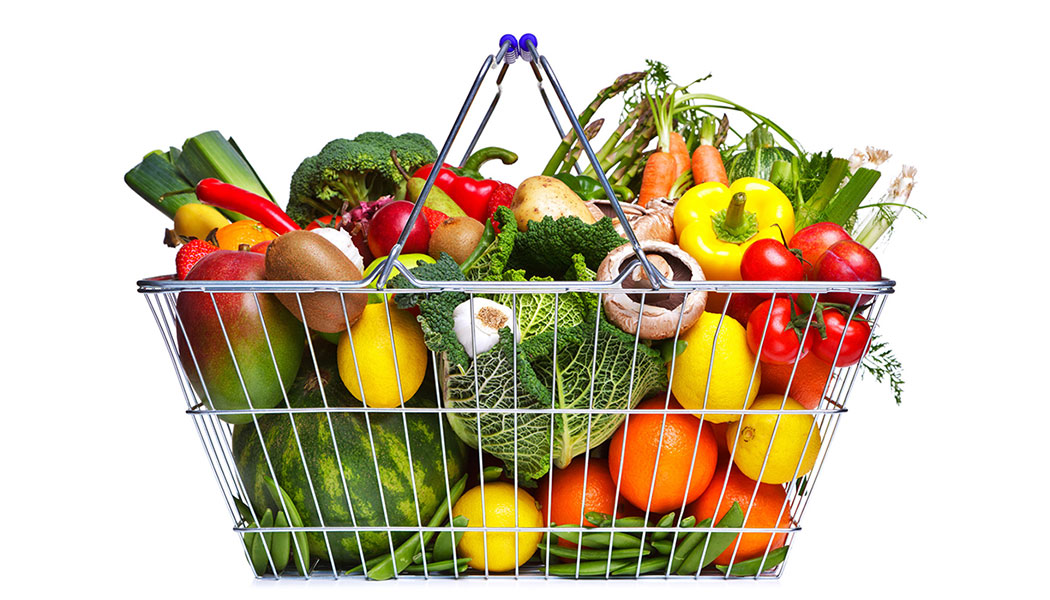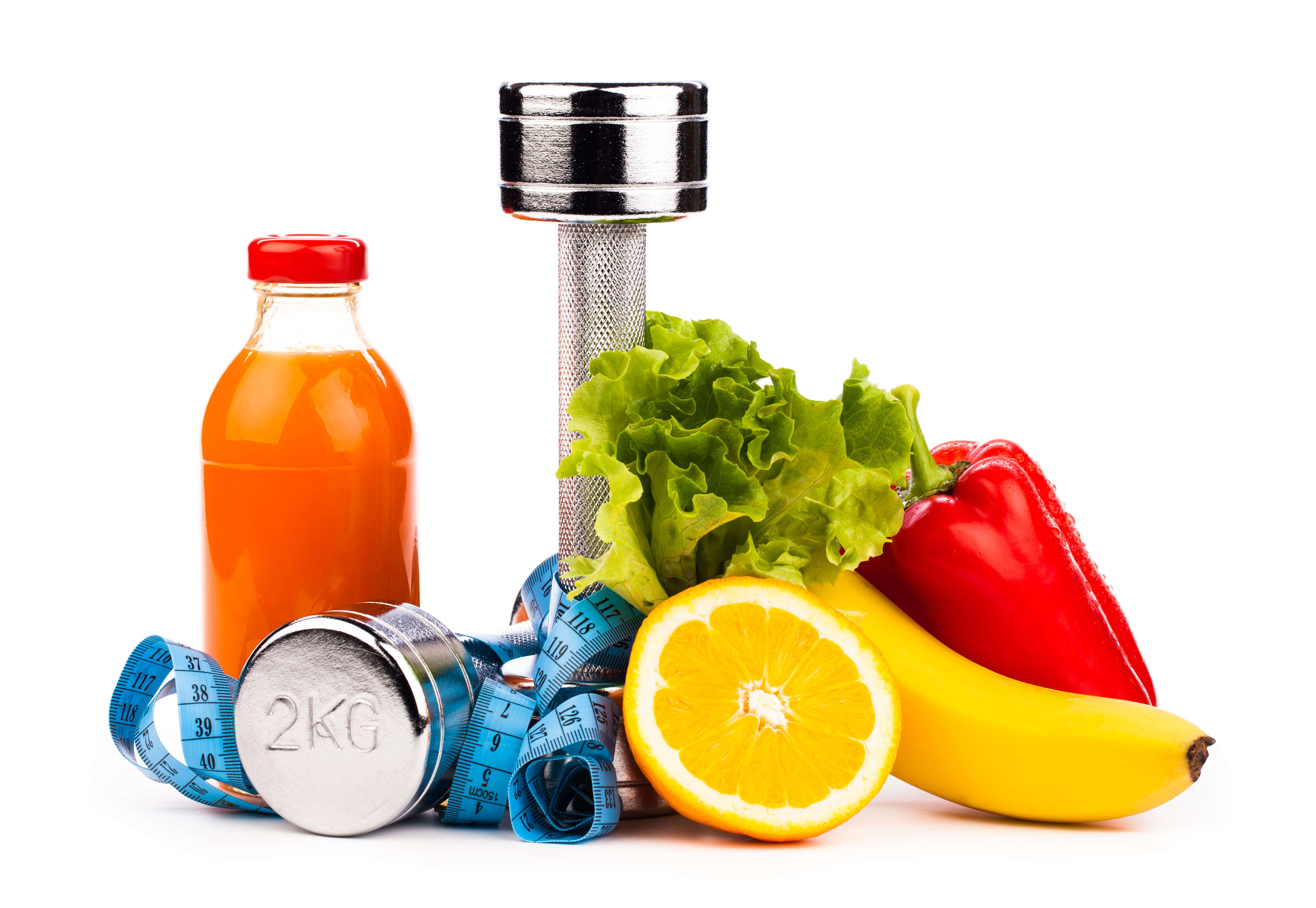Everyone should be assessing their health, diet, and overall lifestyle on a somewhat regular basis, with the start of a lifestyle change being the perfect time to do so. Even if someone is not looking to become healthier, it is wise to have a good understanding of their own habits.
Now, assessing your diet & lifestyle isn’t always easy, as there are so many different ideas of what classifies a true healthy lifestyle, and it is up to you to determine what level of health you want to achieve.
Everyone’s health is vastly different, so it’s important not to compare your lifestyle to that of those around you. That’s because if you spend your time with people who are visibly unhealthy, eating plenty of processed food and avoiding exercise, you may assume you’re healthy by comparison, even if that’s not exactly true. Or, if you compare yourself to people you view to be incredibly healthy, you may become discouraged and assume you could never be like them.
That’s why we will be focusing on helping you become a healthier version of YOURSELF over the next 2 months! But, to do that, you need an idea of where your habits currently lie and which ones you should be focusing on changing, so grab a pen and paper and make a few notes on the following areas, circling all of the things you would eventually like to improve…
 Beverages: Take note of everything you drink in a week; from water to coffee, soda to alcohol, and energy drinks to milk, and everything in between. Water should make up the large majority of your beverage consumption, aside from some coffee, tea, or fresh juice. Soda, energy drinks, fruit cocktails, and alcohol all harm your health, and should be kept to a minimum. If you consume them regularly, it’s a good idea to cut your intake of them in half, or even less, during this challenge. Our drinks tend to be habitual, such as a glass of orange juice every morning, a soda at 3pm to get through the day, or a beer after a long day of work, but those habits need to be broken in order to improve your health. Try: Reduce consumption of unhealthy beverages by at least half and replace with water.
Beverages: Take note of everything you drink in a week; from water to coffee, soda to alcohol, and energy drinks to milk, and everything in between. Water should make up the large majority of your beverage consumption, aside from some coffee, tea, or fresh juice. Soda, energy drinks, fruit cocktails, and alcohol all harm your health, and should be kept to a minimum. If you consume them regularly, it’s a good idea to cut your intake of them in half, or even less, during this challenge. Our drinks tend to be habitual, such as a glass of orange juice every morning, a soda at 3pm to get through the day, or a beer after a long day of work, but those habits need to be broken in order to improve your health. Try: Reduce consumption of unhealthy beverages by at least half and replace with water.
Source of food: Next, consider where your food comes from. Do you prepare it yourself, from scratch? Do you purchase convenience foods, such as cereal, yogurt, canned soup, and frozen dinners (anything that comes in a package with an ingredient list)? Or, do you rely on restaurants, cafeterias, or fast food companies to provide your meals for you? Now, keep in mind that food from any of these categories can be both healthy and unhealthy, like homemade brownies (not so healthy), or a salad from a fast food restaurant (typically much healthier than the brownies). However, when you prepare your food yourself, you are able to control every ingredient and step in the recipe, whereas leaving your food prep up to a corporation means there will be an increased chance the food will be heavily processed, lower in nutrients, and more detrimental to your health.
If you eat a lot of processed food, such as the convenience items listed above or from restaurants, start to think about how you can select more unprocessed options. You may start to order potatoes instead of bread, a side of veggies instead of French fries, or oatmeal instead of a muffin. Try: purchase and prepare more unprocessed foods whenever possible.

Fruit & Veggie Intake: Now let’s look at exactly what you eat in a typical day. How many servings of fruit and veggies? If it’s less than 5 in total, this is something you’ll want to focus on, aiming for 6-10 servings per day. Fruit & veggies should make up the bulk of your diet and be the base of most of your meals, and everything else, such as meat, nuts, rice or other grains, etc. will be in addition to those foods in much smaller amounts. When you focus on adding in good foods, like fruits & veggies, it becomes much easier to cut back on unhealthy foods. Try: Add fruits & veggies to every meal and consume them as snacks to work towards 6-10 servings per day.
How much food: We aren’t going to tell you to start counting calories, carbs, protein, or anything along those lines, because we want you to become more intuitive about the way you eat, but it is crucial that you have an idea of how much food you are eating vs how much food you really need. If you believe you are overeating, portion control will be a focus for you during this challenge. We’ll cover this topic more during the next few weeks. Tip: it’s very hard to overeat when the majority of your food comes from fruit, vegetables, and unprocessed foods! If you think you’re under-eating, you’ll want to plan out your meals to ensure you eat enough each day, as under-eating can have many negative health consequences, including difficulty losing weight.
 Exercise: How many minutes of moderate to vigorous activity do you get per day, on average? If it’s less than 30 minutes per day, 5x per week (total of 150 minutes per week), it’s time to start adding in more movement. You’re in control here; you get to choose what type of activity works for you, as long as it’s challenging and helps to improve your overall fitness. Think weight lifting, kickboxing, jogging, cycling, high intensity interval training (HIIT), or swimming.
Exercise: How many minutes of moderate to vigorous activity do you get per day, on average? If it’s less than 30 minutes per day, 5x per week (total of 150 minutes per week), it’s time to start adding in more movement. You’re in control here; you get to choose what type of activity works for you, as long as it’s challenging and helps to improve your overall fitness. Think weight lifting, kickboxing, jogging, cycling, high intensity interval training (HIIT), or swimming.
Walking is an incredible form of exercise, so be sure to include that in your weekly routine, but don’t rely on it as your only form of exercise, as it isn’t enough of a challenge to significantly improve your fitness level. Target: 150 minutes of exercise per week, broken up however you like. Exercising 3-4 days per week is realistic for most, but find what works for you and your schedule.
Additional health practices: Other (often overlooked) areas of your lifestyle that will directly affect your health include sleep, mental health, and stress management techniques (deep breathing, meditation), or quality of your relationships. These are all very personal, and it’s entirely up to you to determine what you need to do to improve your overall well-being. Try: Choose 1-2 things to work on in this category, such as getting more sleep, or starting your day with 10 deep breaths to decrease your stress levels. You’re in control and only you can know what you need to do here, so be sure to take this category seriously.
You should make a list of what things from each category you will be working on over the next 8 weeks to help you reach your weight loss goal. We’ll be guiding you through improving all of these areas of your lifestyle, but you should take the initiative to do so as quickly as possible in order to start seeing results!






Great advice
Thank you!